title="Return to Table of Contents">Oberlin Alumni Magazine
Summer 2013 Vol. 108 No. 3
Thought Process
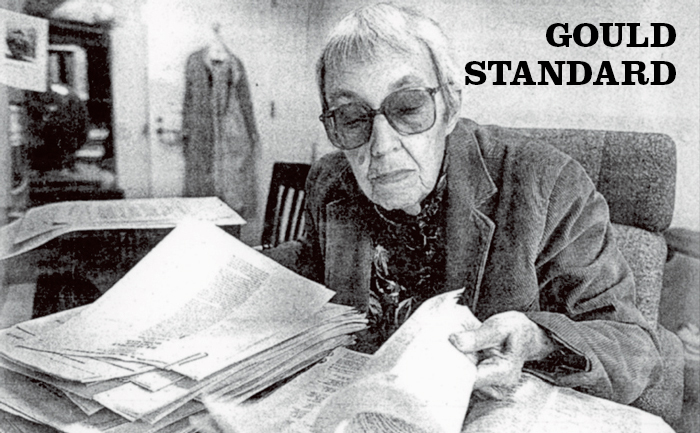
Celebrated non-fiction writer John McPhee— a four-time Pulitzer Prize finalist—understands that good writing requires good editing. In a spring New Yorker article, he praised the late longtime New Yorker copy editor Eleanor Gould ’38, who held the title of grammarian for many years. “A Gould proof rarely endeavored to influence in any manner the structure or thesis of a piece, and was not meant to,” McPhee wrote. “Its purpose, according to Miss Gould, was to help a writer achieve an intent in the clearest possible way. She sat you up, let me tell you.”
The Game Maker

For years, when Andrew Innes ’92 went to the supermarket, he brought home ideas along with the cheese, shampoo, and breakfast cereal. The Harvard Business Review software developer moonlights as an award-winning game developer, and categories of things are fodder for his games. “I got completely obsessed with thinking up different categories,” he says.
Innes’ first game, Anomia, is a card game. Each card has one of eight symbols and a category of things. Cards are dealt one at a time face up. If the symbol on your card matches the symbol on another player’s, you race to say an example of the category on the other player’s card before she can name one for yours. The winner collects the other’s card. The player who collects the most cards wins.
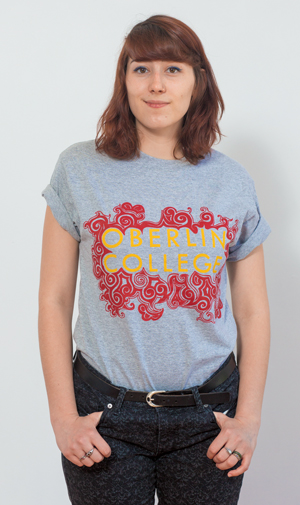 YEOSWAG
YEOSWAGFor the second consecutive year, a team of student designers working under the label ObieWear created an offbeat brand of collegiate apparel and accessories that reflects the Oberlin experience. ObieWear is sponsored by Oberlin’s Creativity & Leadership Project, which provides a $500 budget and advisory support;the rest—concept, artwork, marketing, and production—is all in student hands. The ObieWear line is available in the college bookstore. To see the new designs, visit facebook.com/ObieWear.
It’s harder than it sounds. “As you’re under pressure to quickly give an example of something, your mind tends to betray you and just goes blank,” said Innes. “It creates many, many moments of high tension and then a lot of release. The release often takes the form of laughter, and the tension the form of yelling,” he says.
Innes began developing the game in 2001 and spent years refining it, including many rounds of playing prototypes with friends. One friend, novelist Myla Goldberg ’93, suggested that Innes could name the game by finding a word that means tip of the tongue. His search turned up the perfect word. Anomia is the inability to recall names. It also refers to social chaos.
He tapped his Oberlin network and his mailing list from his days as a musician and presold 500 copies in six weeks. Anomia won the coveted Mensa Select award in 2010. Another game industry award, a partnership with a distributor, and commercial success followed. The game has sold 100,000 copies, with French and German versions in the works. Innes’ second game, Duple, is a cross between Anomia and Scrabble. And more are in the pipeline.
Pop Opera
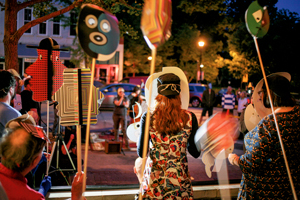
Frozen Community, above, is part of a series of pop-up operas staged on city sidewalks by Real Time Opera, the result of a collaboration between composer-librettist Paul Schick and painter Don Harvey, both visiting professors at Oberlin. Schick, who teaches German, became interested in working with Harvey after attending an exhibit that featured his paintings of figures that appeared to be performing.
“The paintings followed a larger body of work of street scenes I had done,” says Harvey. “I was thinking of Toulouse Lautrec and his performers, but I was also rereading Jean Genet’s Our Lady of the Flowers, which was a much more direct influence.”
Schick was inspired by Harvey’s work. “Having been interested for some time in alternatives to the trickle-down model of traditional opera, I suggested we produce a series of pieces performed in public and filmed for the web,” he says.
Besides Oberlin, the operas have been staged in Cleveland and Pittsburgh, including one sung in American Sign Language.
Bookshelf
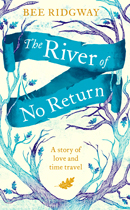
The River of No Return
by Bee Ridgway (Bethany Schneider ‘93)
PENGUIN, 2013
Nick Davenant, the gentleman farmer with the artisanal cheese business who is at the center of The River of No Return, would seem at home among the hipster retropolitans recreating idealized bygone eras in Brooklyn (though his tastes—blancmange, pickled pig bits, beef jelly—lean more toward Colonial Williamsburg than to Brooklyn’s). As it turns out, Nick does, indeed, belong to an early era, not by temperament but by time travel. Formerly an aristocrat just seconds from death in the Battle of Salamanca in 1812, Nick awakens in a London hospital room in the 21st century, met by a 1,200-year-old butcher in a GAP t-shirt, a greeter for a mysterious organization called the Guild. This sci-fi/fantasy/spy thriller/adventure story hops centuries and genres with ease and funny asides (the common language of the Guild is medieval Finnish, but it has a taste for BMWs and Apple products). The River of No Return, Ridgway’s debut novel, “has the feel of an instant classic,” wrote the Washington Post.
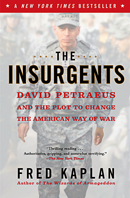
The Insurgents:
David Petraeus and the Plot to Change the American Way of War
by Fred Kaplan ‘76
SIMON & SCHUSTER, 2013
“There is no one better equipped to tell the story,” says the New York Times, than the Pulitzer Prize-winning Kaplan, “a rare combination of defense intellectual and pugnacious reporter.”
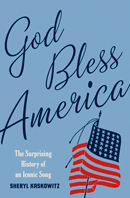
God Bless America: The Surprising History of an Iconic Song
by Sheryl Kaskowitz ‘95
OXFORD UNIVERSITY PRESS, 2013
Yes, this book was born (okay, published) on the Fourth of July. But the author goes beyond the song’s face-value patriotism to show how it reflects a century of American history.

Silvertone
by Dzvinia Orlowsky ‘75
CARNEGIE MELLON UNIVERSITY PRESS, 2013
One of the poems in Silvertone—“What I Inherited”—neatly sums up the theme of this collection: what we get—and sometimes don’t get—from our families. The author is a Pushcart Prize winner and founding editor of Four Way Books.
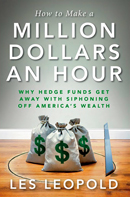
How to Make a Million Dollars an Hour:
Why Hedge Funds Get Away with Siphoning Off America’s Wealth
By Les Leopold ‘69
J. WILEY AND SONS, 2013
Don’t be fooled by the first half of the title. This is not a get-rich-quick how-to, but a how-and-why many wage earners can’t even reach the middle class.

Want to Respond?
Send us a letter-to-the-editor or leave a comment below. The comments section is to encourage lively discourse. Feel free to be spirited, but don't be abusive. The Oberlin Alumni Magazine reserves the right to delete posts it deems inappropriate.